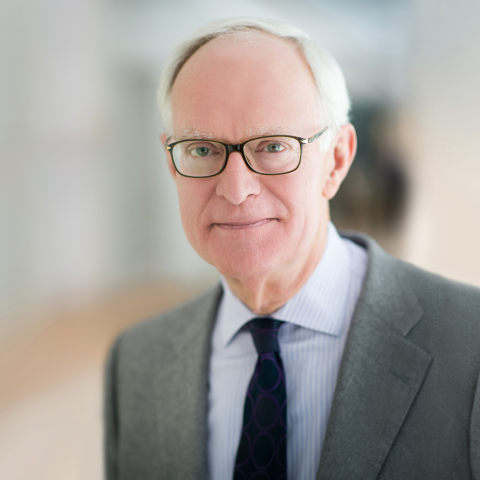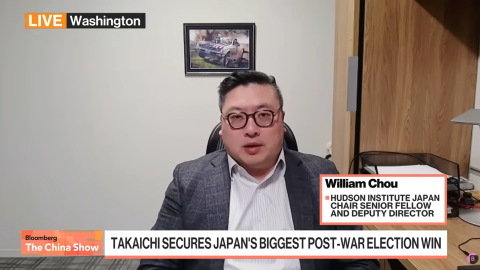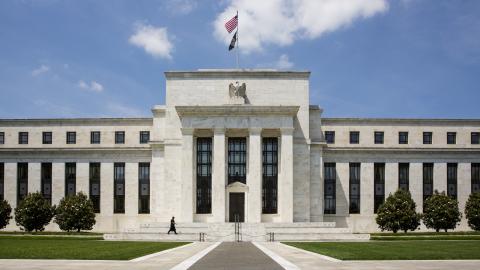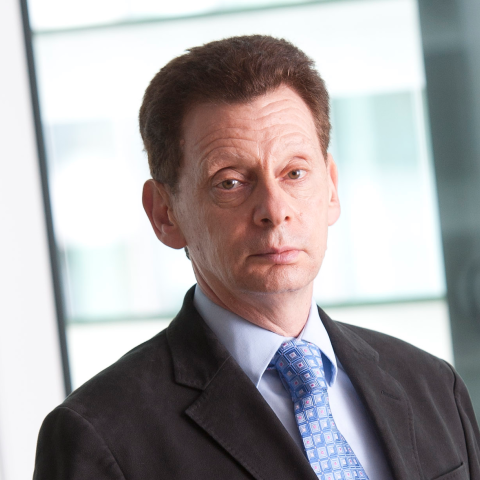
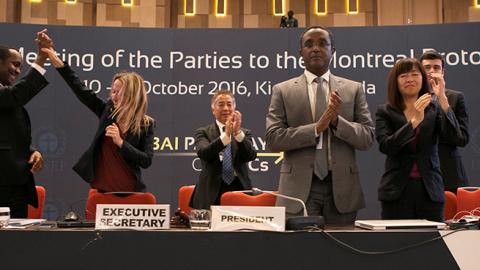
Related Events
13
February 2026
In-Person Event | Hudson Institute
Postponed | A Strategic Response to Sino-Russian Cooperation: Perspectives from Europe and the Indo-Pacific
Featured Speakers:
Nishank Motwani
Patrick M. Cronin
Justyna Szczudlik
Moderator:
Masashi Murano

17
February 2026
In-Person Event | Invite Only
Assistant Secretary of State Christopher Yeaw on the End of the New START Treaty
Featured Speakers:
Christopher Yeaw
Rebeccah L. Heinrichs
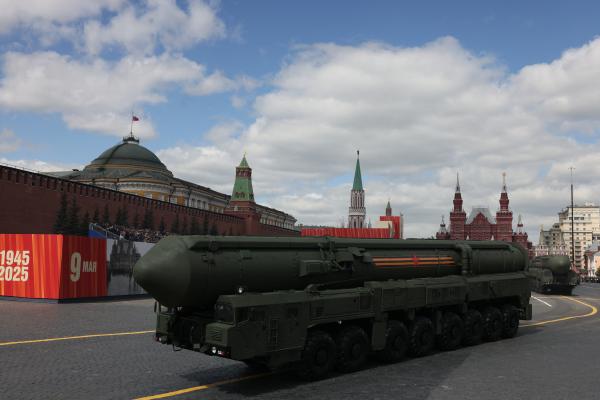
17
February 2026
In-Person Event | Invite Only
Assistant Secretary of State Christopher Yeaw on the End of the New START Treaty
Join Assistant Secretary of State for Arms Control and Nonproliferation Dr. Christopher Yeaw for a discussion on strategic deterrence.
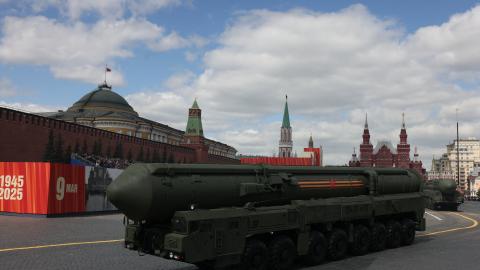
Featured Speakers:
Christopher Yeaw
Rebeccah L. Heinrichs
19
February 2026
In-Person Event | Hudson Institute
The Economic Case for the US-Israel Partnership with Minister of Economic Affairs Noach Hacker
Featured Speaker:
Noach Hacker
Moderator:
Michael Doran
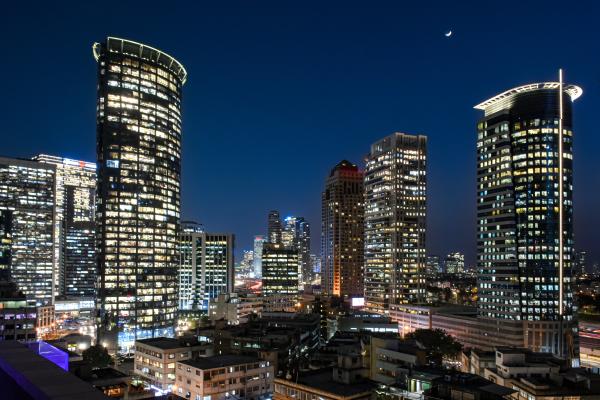
10
February 2026
Past Event
Gen. Pierre Schill on France’s Strategic Vision and Adapting Land Forces for High-Intensity Conflict
Featured Speakers:
General Pierre Schill
Rebeccah L. Heinrichs

10
February 2026
Past Event
Gen. Pierre Schill on France’s Strategic Vision and Adapting Land Forces for High-Intensity Conflict
Hudson welcomes French Army Chief of Staff General Pierre Schill, one of Europe’s most senior military leaders, for a discussion on the evolving strategic environment and the French Army’s transformation in a rapidly changing world.

Featured Speakers:
General Pierre Schill
Rebeccah L. Heinrichs
















